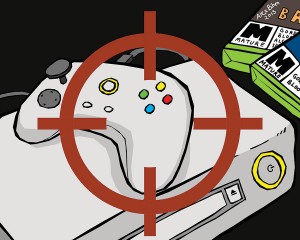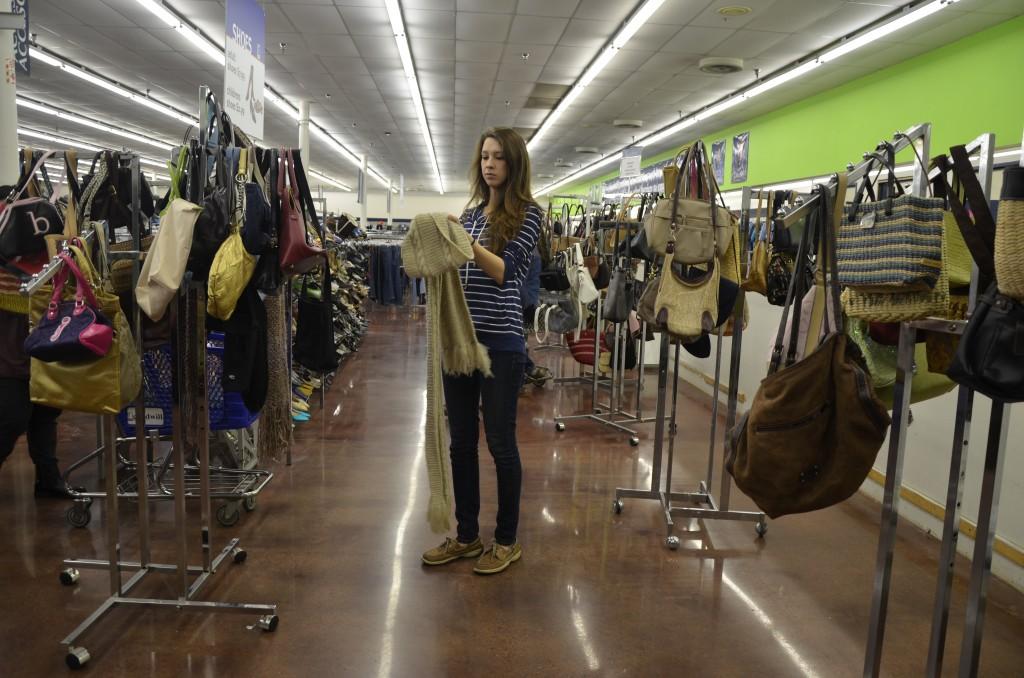 In light of recent tragedies such as the Newtown shootings and the Jan. 22 shooting at Lone Star College near Houston, many people are looking for a place to lay the blame. A ton of it seems to be falling at the feet of video game developers. Why?
In light of recent tragedies such as the Newtown shootings and the Jan. 22 shooting at Lone Star College near Houston, many people are looking for a place to lay the blame. A ton of it seems to be falling at the feet of video game developers. Why?
The most recent shootings may hit a little closer to home for TCC students, faculty and staff considering that the Lone Star Community College is similar to TCC’s system – six campuses with about 90,000 students.
Events like these can invoke understandable fear. When people are scared, they often attempt to gain control of the situation. To pinpoint a cause is one way to establish control and then work on a solution. If the pinpointed cause is wrong, however, the anger and fear can be misplaced.
Video games have been a major blame for many similar tragedies in the U.S. going back to the Columbine shootings and beyond.
Here is the scenario:
A tragedy occurs. The suspects are located. Their houses, places of employment and computers are searched. Family and friends are interviewed. The fact that the suspects played a violent video game is brought to light. The media grab hold and do not let go.
Yes, games have become more violent over the years. The graphics have lent themselves to more realism. Online multiplayer games such as Halo and Call of Duty break sales records year in and year out.
So, evidence supports the need for more studies on the effects of exposure to violent games. The thing is, though, numerous studies have already shown little direct link between game violence and real violence.
Entertainment Consumers Association vice president Jennifer Mercurio pointed out to The Associated Press that in 2011, video game sales increased to around $27 billion while violent crimes nationwide decreased 3.8 percent from 2010. She also stated that since 2002, when multiplayer games like Call of Duty and Halo started to dominate sales, violent crime has decreased 15.5 percent nationwide.
The National Rifle Association has jumped on the bandwagon, blaming games to a certain degree for glorifying gun use. These same people are pushing for online gun sales and fighting against waiting period restrictions at gun shows.
Ironically, just weeks after blaming games for the Newtown shootings, the NRA released a target-shooting app for smartphones. This along with numerous other games like Gun Club for PlayStation 2 were rated E on the ESRB scale, which means suitable for ages 10 and up.
The ESRB ratings are there for a reason – to help parents make an informed decision when purchasing games.
Game merchants such as Gamestop are supposed to ask for identification or have the parent present before selling a game to a minor not intended for them. People in their 30s getting carded for video game purchases may spark some confusion until the realization comes that businesses are just doing their job to protect an industry under fire.
With the ESRB ratings in place and merchants who are following the guidelines – in some cases, more strictly than tobacco and alcohol merchants – it seems the blame here falls squarely on parents allowing their children to bypass the ratings system by purchasing games for them.
That is not to say the blame for every tragedy needs to fall on uninformed parents. It does say, however, that people need to look a little deeper into situations before casting blame on an industry that simply provides another avenue of entertainment for the masses.
Banning video games won’t prevent another Newtown.
























